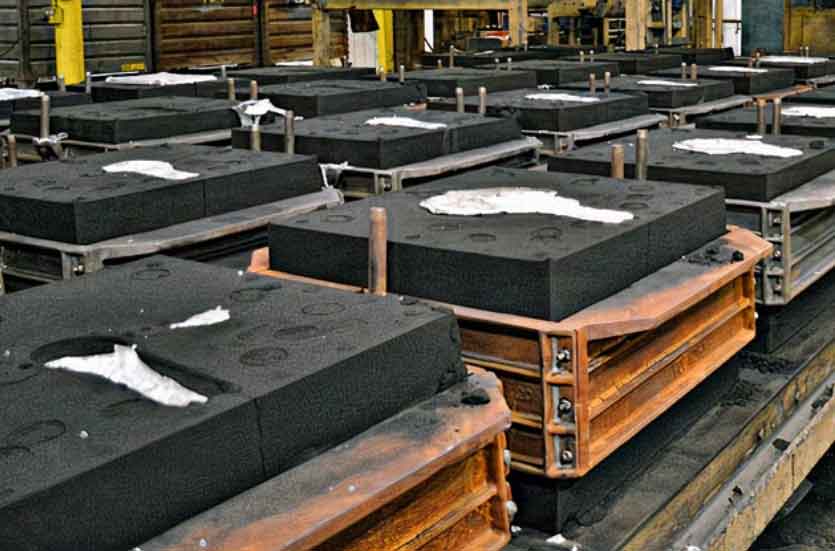
Resin sand casting offers several advantages in metal fabrication compared to other casting methods. Here are some key advantages of resin sand casting:
1. Precision and Accuracy:
Resin sand casting allows for the production of highly precise and accurate metal components. The process enables the creation of intricate shapes, fine details, and complex geometries with tight tolerances. This precision ensures that the final components meet the required specifications and fit seamlessly into assemblies.
2. Versatility in Design:
Resin sand casting offers design versatility, allowing for the production of complex and customized components. The process accommodates a wide range of shapes, sizes, and geometries, making it suitable for both simple and intricate designs. Design modifications can be easily incorporated during the pattern-making stage, facilitating flexibility in product development.
3. Cost-Effectiveness:
Resin sand casting is a cost-effective casting method for both small and large production runs. The use of sand molds eliminates the need for expensive tooling, which can be a significant cost-saving factor, especially for low to medium volume production. Additionally, the near-net shape capability of resin sand casting reduces post-casting machining, resulting in further cost savings.
4. Material Compatibility:
Resin sand casting supports a wide range of materials, including ferrous and non-ferrous alloys. This versatility allows manufacturers to select the most suitable material for the specific application, considering factors such as mechanical properties, corrosion resistance, and heat resistance. The process is compatible with materials such as iron, steel, aluminum, bronze, and various specialty alloys.
5. Complex and Intricate Parts:
Resin sand casting excels at producing complex and intricate metal components. The process can replicate intricate details, thin walls, and internal features with high accuracy, enabling the production of parts with intricate geometries and intricate cooling channels. This makes resin sand casting suitable for components that require optimal functionality and performance.
6. Surface Finish and Quality:
Resin sand casting offers excellent surface finish and quality. The sand molds provide a smooth and fine surface texture, reducing the need for extensive post-casting surface finishing. The process also enables the production of high-quality castings with minimal porosity, ensuring structural integrity and mechanical properties that meet industry standards.
7. Production Efficiency:
Resin sand casting allows for efficient production, especially for medium to large-sized components. Multiple molds can be produced simultaneously, enabling high-volume production. Additionally, the ability to reuse the sand molds for multiple casting cycles reduces lead times, optimizes production schedules, and improves overall efficiency.
8. Environmental Sustainability:
Resin sand casting is a relatively environmentally friendly casting method. The sand used in the process is reusable, reducing waste generation. Additionally, the use of sand molds eliminates the need for toxic binders or chemicals. The process also consumes less energy compared to some other casting methods, contributing to reduced carbon footprint.
Resin sand casting offers numerous advantages in metal fabrication, including precision, design versatility, cost-effectiveness, material compatibility, complex part production, surface finish, production efficiency, and environmental sustainability. These advantages make resin sand casting a preferred choice for a wide range of industries, from automotive and aerospace to machinery and construction.
